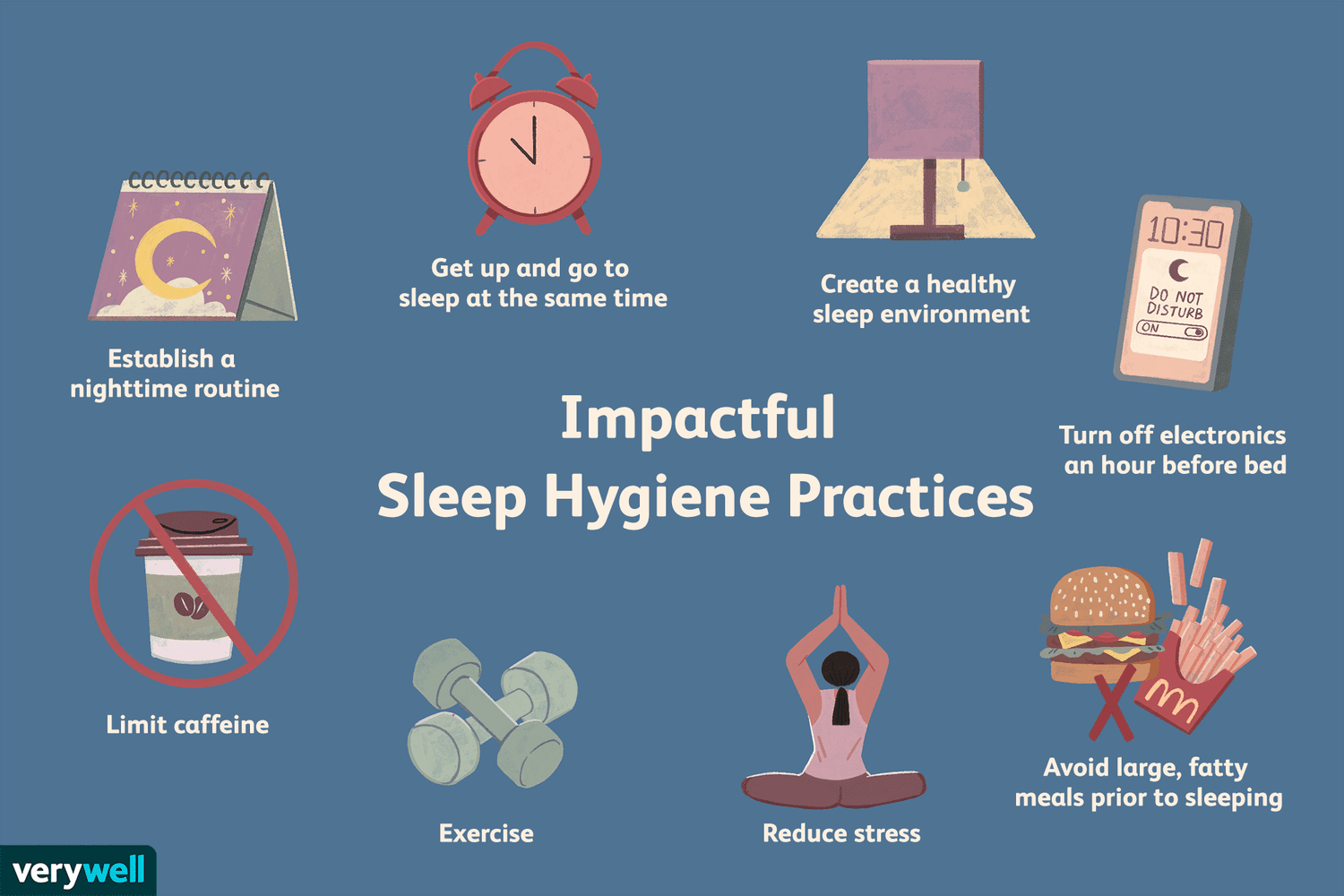A Guide to Sleeping Pills: Risks, Options, and Recommendations
Understanding the different types of sleep medications and when to use them.
For about a third of adults worldwide, insomnia is an ongoing struggle. From prescription pills to over-the-counter options, sleep aids have become a go-to solution. But while these medications may offer temporary relief, they also carry risks, including dependency, memory issues, and daytime grogginess.
Types of Sleep Medications:
Prescription Sleep Aids:
Zolpidem (Ambien): A non-benzodiazepine that enhances GABA neurotransmitters to induce sleep quickly.
Eszopiclone (Lunesta): Works similarly to zolpidem but is designed to help maintain sleep throughout the night.
Ramelteon (Rozerem): Mimics melatonin to regulate the body’s natural sleep-wake cycle.
Suvorexant (Belsomra): Blocks orexin receptors, which play a role in wakefulness.
Temazepam (Restoril): A benzodiazepine that reduces brain activity to induce sleep.
Over-the-Counter Options:
Diphenhydramine (Benadryl): An antihistamine that causes drowsiness by blocking histamine receptors in the brain.
Doxylamine (Unisom): Antihistamine that induces sleep by inhibiting histamine activity.
Valerian Root: A herbal remedy that may increase GABA levels in the brain to reduce anxiety and promote relaxation.
Magnesium: A mineral that supports muscle relaxation and helps calm the nervous system for better sleep.
THC: THC (tetrahydrocannabinol) helps with sleep by promoting relaxation and reducing anxiety. CBN (cannabinol), a cannabinoid produced as THC ages, is non-psychoactive and may enhance sleep by working on the body's endocannabinoid system to promote sedation and deeper rest.
Melatonin: A hormone supplement that helps regulate the body’s internal clock and promote sleep. NOTE Melatonin should only be used when you are jetlagged, and only for a few days. It should NOT be used as a sleep aid otherwise.
When and How to Use Sleeping Pills Safely:
Sleep medication isn’t meant to be a permanent solution.
Experts advise using sleep medications only occasionally—about two or three times a week—and for short durations.
“The ideal use is for two or three weeks triggered by an event,” says Dr. Alcibiades Rodriguez of NYU Langone Health. Longer usage can lead to tolerance, dependence, or rebound insomnia.
The Problem with Long-Term Use:
Sleeping pills, particularly benzodiazepines and newer “Z-drugs” like Ambien, can impair cognitive function when used over extended periods. Studies suggest that consistent use may contribute to a higher risk of developing dementia or other neurological complications.
Key Side Effects of Chronic Use:
Memory loss and confusion
Increased risk of falls and fractures
Tolerance, leading to the need for higher doses
Potential for dependency and withdrawal symptoms
The misconception that these medications are a “safe” long-term solution puts many at risk, particularly the elderly, who are more vulnerable to adverse effects.
Natural and Safer Alternatives:
How can you manage your insomnia without pills?
While medications seem like an easy fix, non-drug treatments for insomnia have proven effective without the long-term risks. Cognitive Behavioral Therapy for Insomnia (CBT-I) is one of the leading approaches recommended by experts.
Benefits of CBT-I:
Targets the root cause of insomnia
Provides long-lasting results
No adverse side effects
Can improve both sleep quality and mental health
Other Sleep-Improving Tips:
Avoid alcohol, it will wreck your sleep. I have lots of N/A tips and recipes to replace alcoholic drinks.
Stick to a Routine: Go to bed and wake up at the same time every day, even on weekends.
Create a Relaxing Sleep Environment: Keep your bedroom cool, dark, and quiet.
Limit Screen Time: Avoid using electronic devices at least an hour before bed.
Avoid stimulants such as caffeine too close to bed. Caffeine has a 6 hour half life so a cup of coffee at 4 pm leaves half a cup of coffee in you at 10 pm.
Stay Active: Regular exercise promotes better sleep, but avoid working out right before bedtime.
Finish eating early: Eating too close to bedtime wrecks your sleep. Eat at least two hours before bed. Then try having your last meal of the day 3, 4, 5 and 6 hours before bed to see what works for you.
Learn which foods disrupt your sleep: I know from hundreds of experiments that eating certain foods such as pizza or pasta near bedtime will wreck my sleep. If I’m out with friends and eat some steamed vegetables closer to bedtime, it seems to have minimal effect. Learn through experimentation what foods negatively affect your sleep.
Ultimately, tackling insomnia may require a multifaceted approach, but relying solely on sleeping pills might lead to more harm than good. Contact me to explore the best treatment options tailored to your needs.





